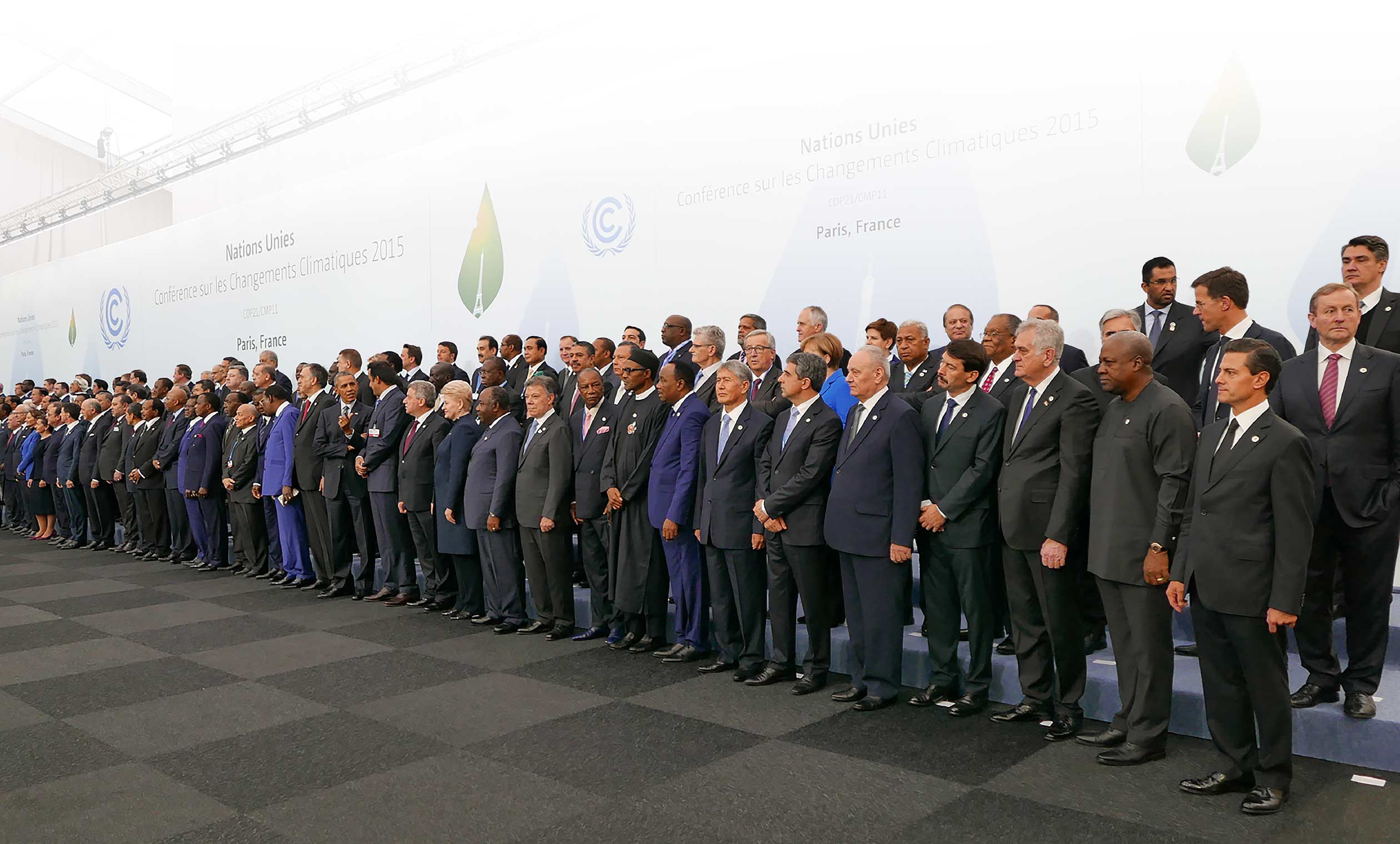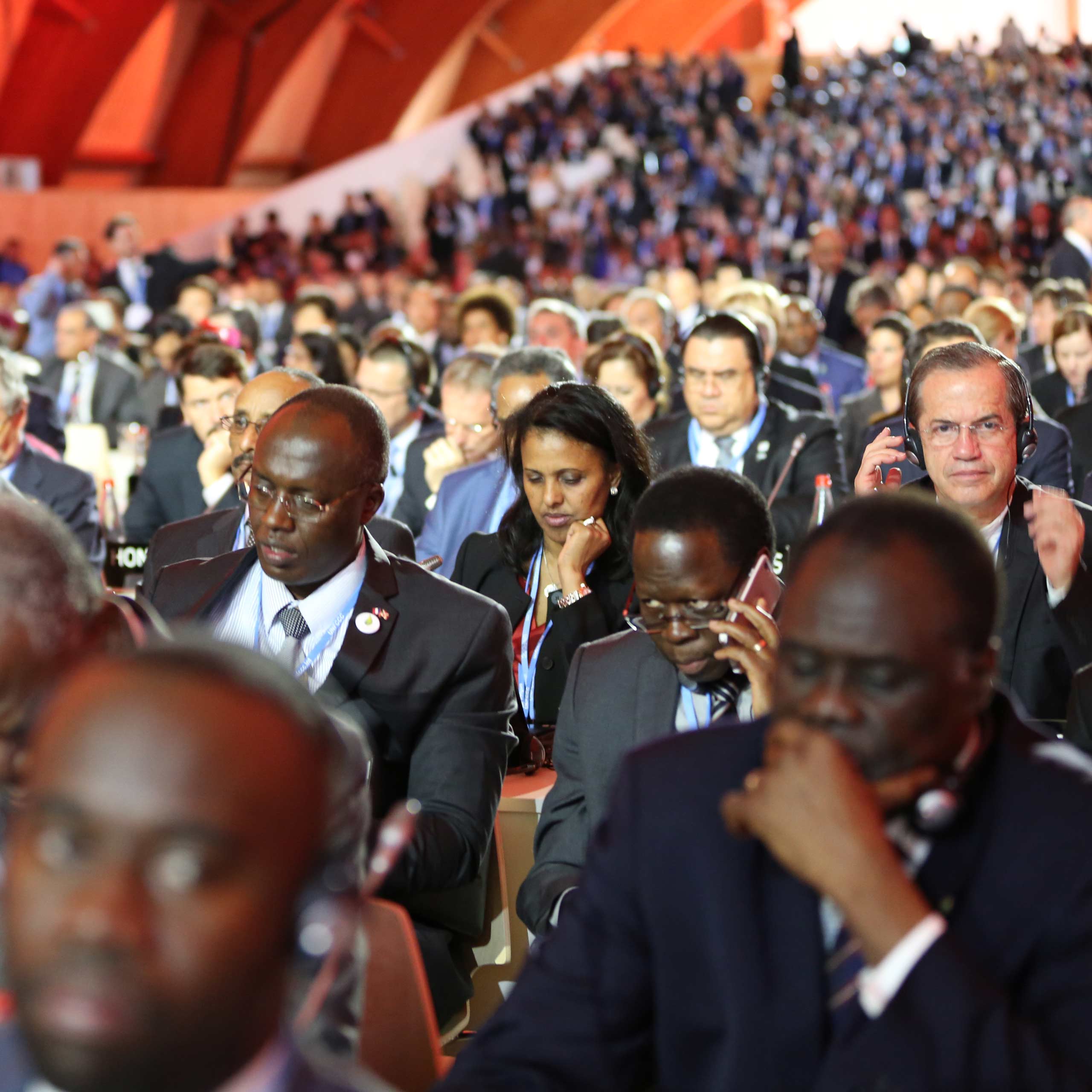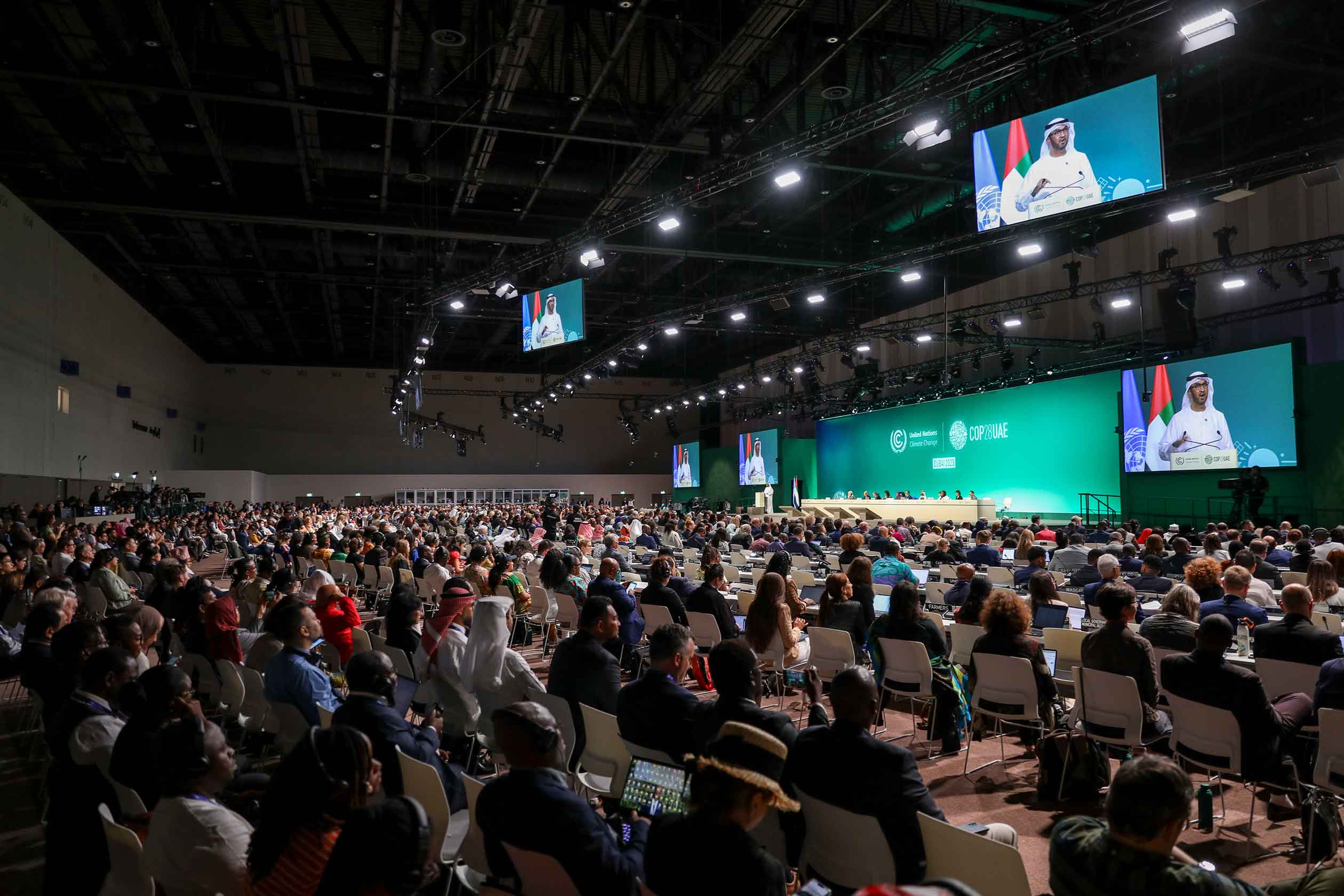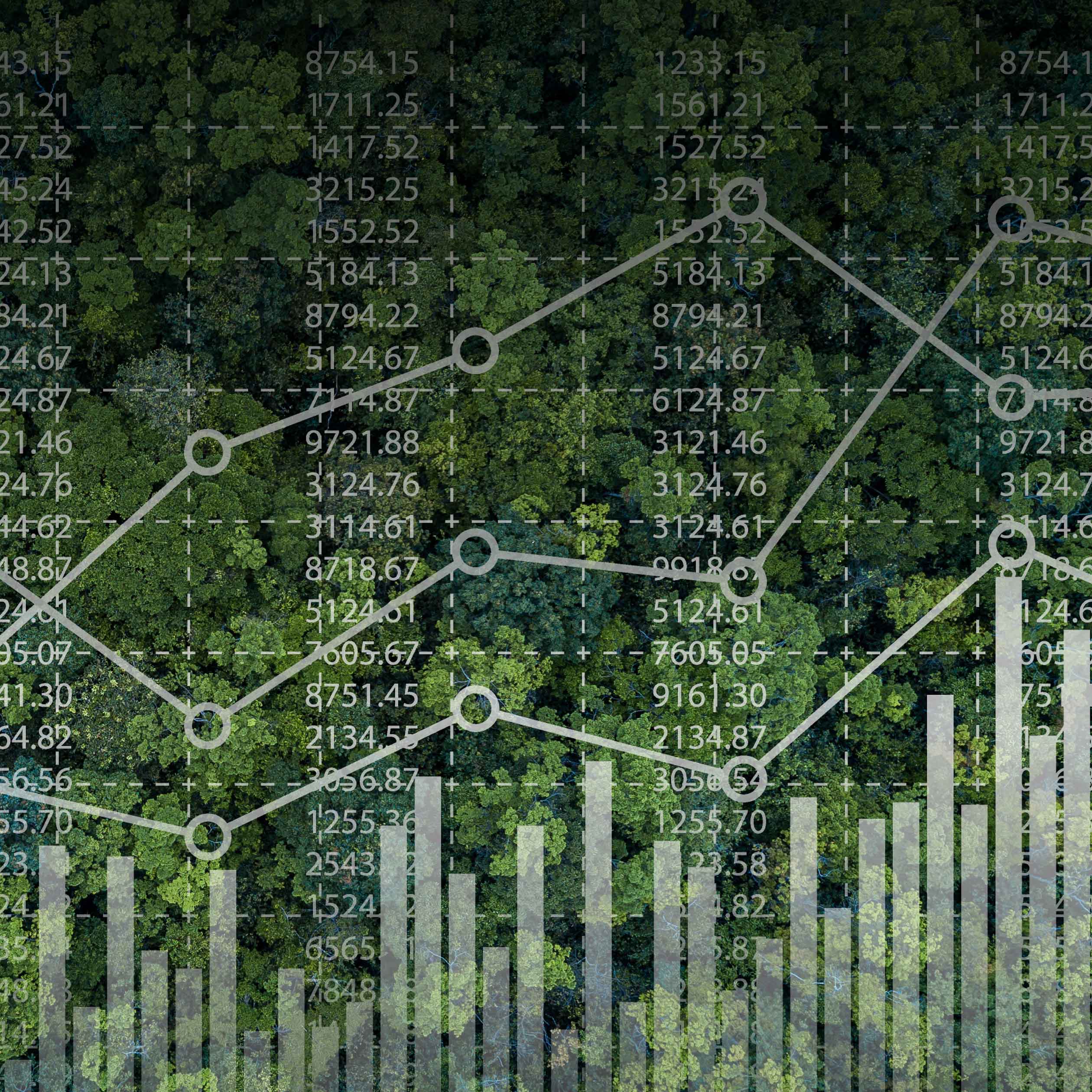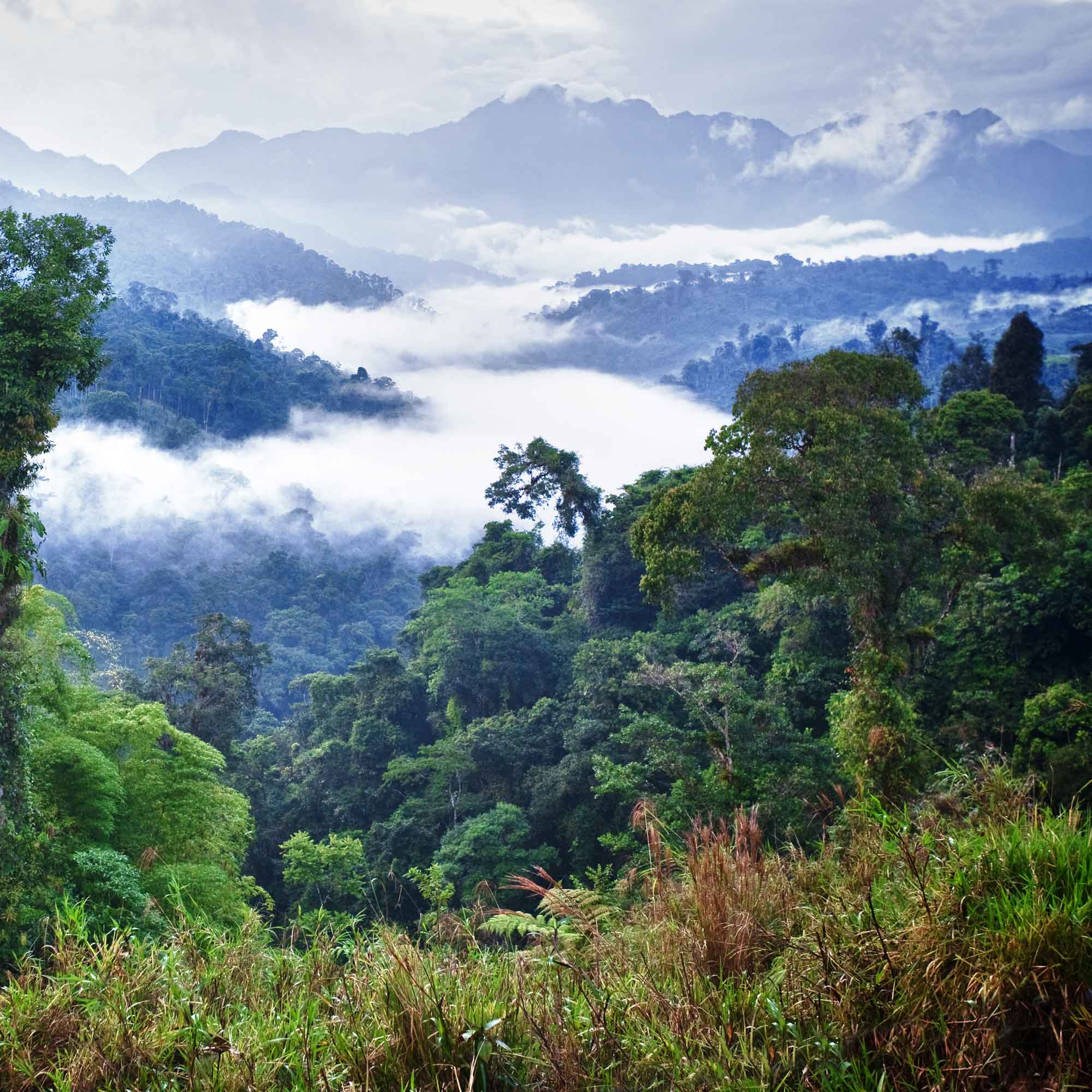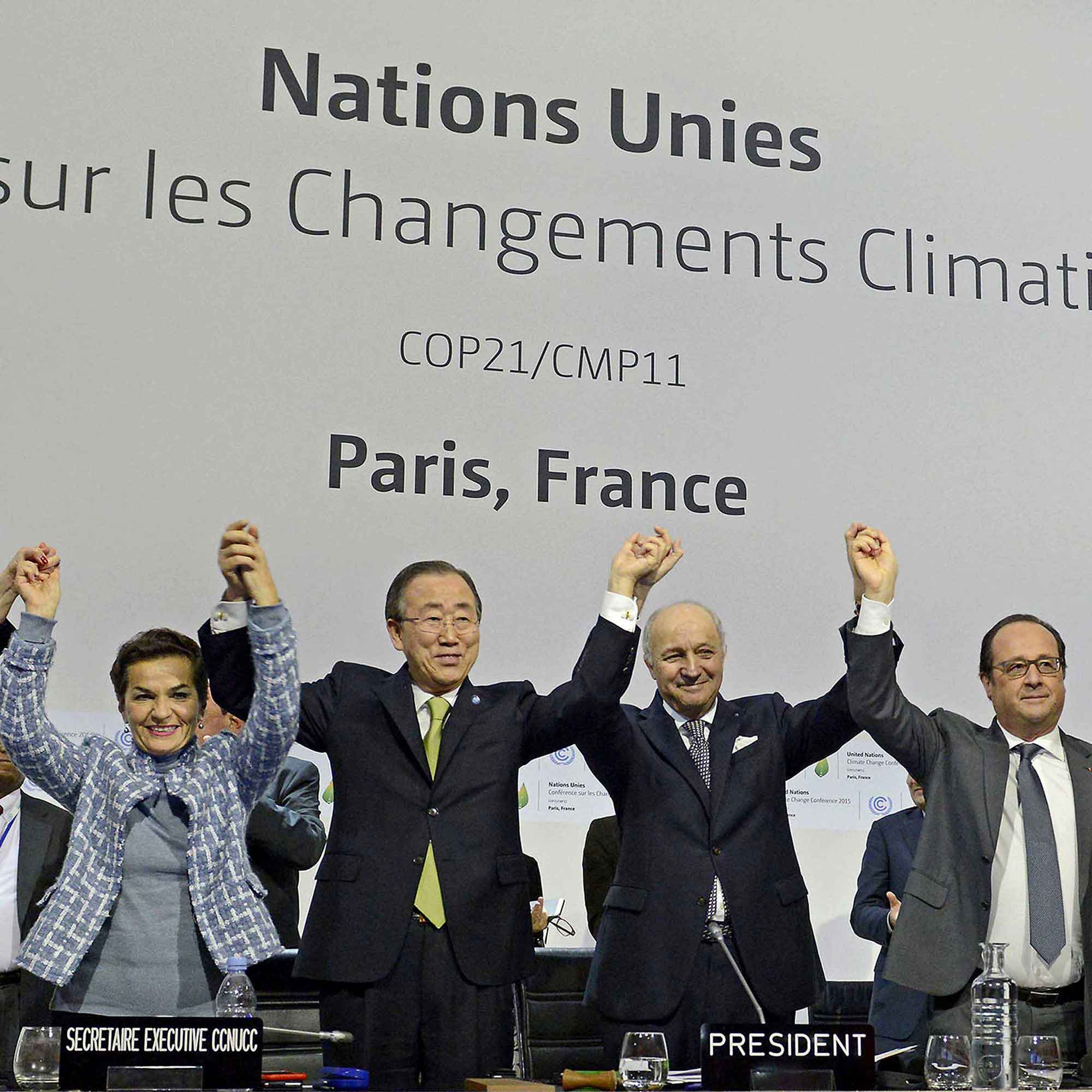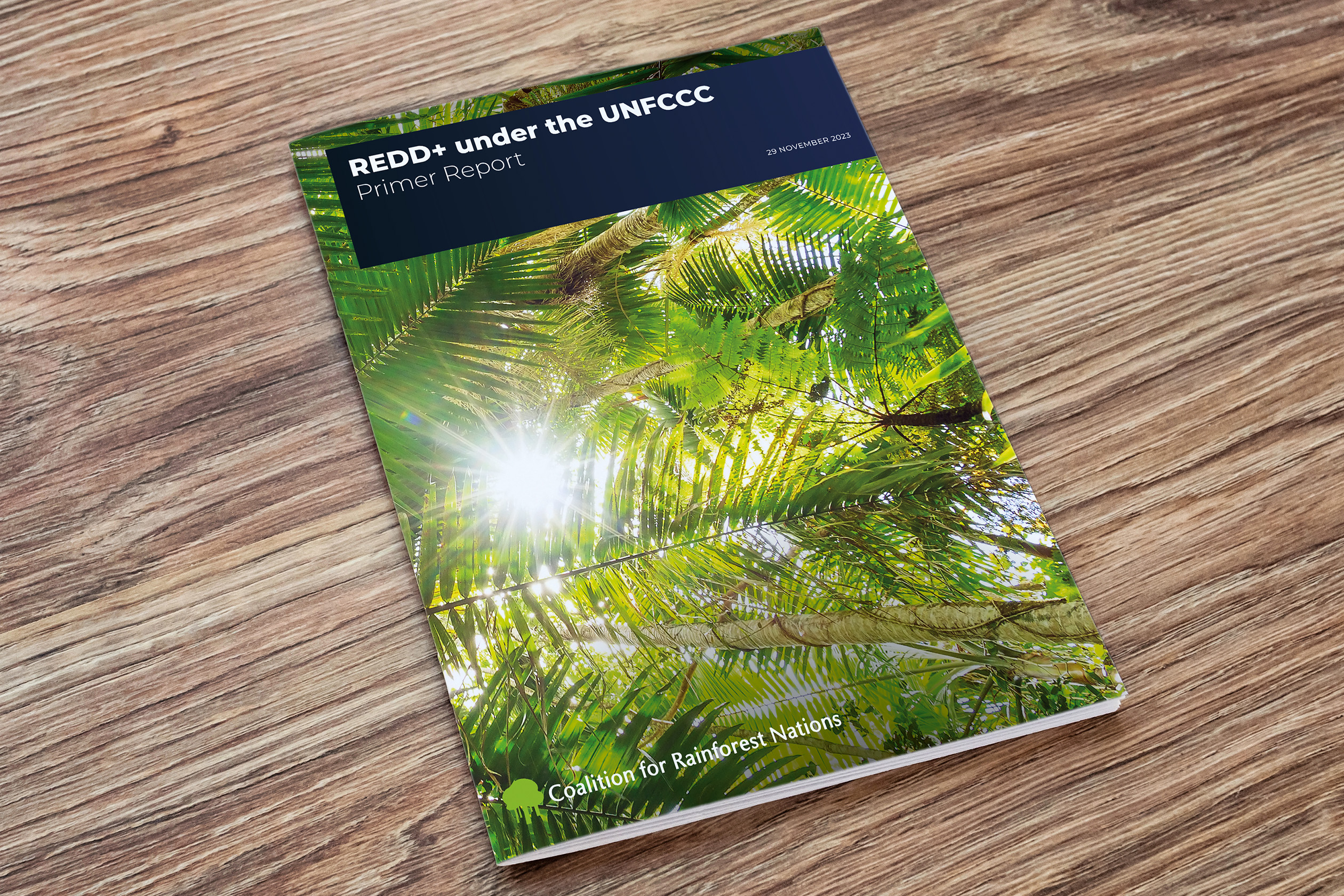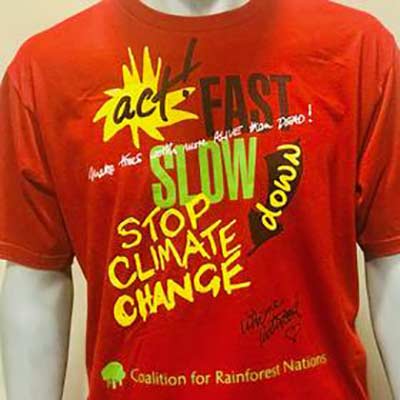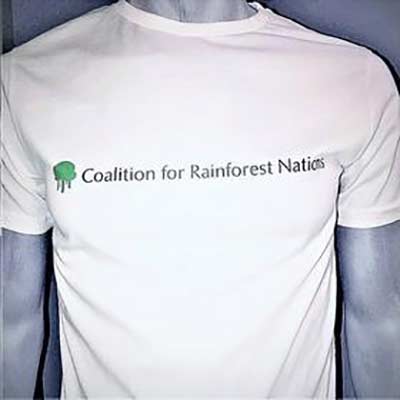What is REDD+?
What is REDD+?
UNFCCC REDD+ is a global conservation framework that preserves rainforests under the Paris Agreement.
What is REDD+?
The Reducing Emissions from Deforestation and Degradation (REDD+) framework is the only global conservation system that preserves and protects rainforests by making them worth more alive than dead. It is a critical solution for slowing the climate emergency.
In 2020, McKinsey published a report stating that the planet could in no way align to a 1.5 degrees Celsius pathway without carbon reductions from tropical rainforests.
The REDD+ framework enables rainforest nations to obtain economic value for carbon reductions resulting from actions they take to reduce deforestation and preserve their rainforests at national level. It was developed by rainforest countries under the United Nations Framework Convention on Climate Change (UNFCCC) to create financial value for the carbon stored in forests[1].
The framework is fully integrated in the Paris Agreement, embedded in Article 5.2. As a mechanism under the UNFCCC, all COP decisions leading to the operationalization of REDD+ were made by 192 Parties, by consensus.
[1] While the term REDD+ is enshrined in Article 5.2 of the Paris Agreement, it was never patented by the UNFCCC. This means that any type of forestry carbon project can use the name REDD+ without any methodological or legal connection to the Paris Agreement and UNFCCC. Voluntary carbon projects using the term REDD+ are not connected to UNFCCC REDD+ framework.
Delegates hold up the the COP26 Stocktake meeting in Glasgow to ensure REDD+ is included.
A Results-based Model under the Paris Agreement
REDD+ is results-based, meaning that financial incentives can only be received after emission reductions and/or removals are fully measured, reported, and verified under the UNFCCC.[2] Once this occurs, the UNFCCC Secretariat posts these results on the Lima Information Hub.
Since REDD+ is a mechanism integrated in the UNFCCC and the Paris Agreement, it is part of the global carbon accounting framework. This means that all REDD+ outcomes or results are regularly reported by Parties to the UNFCCC and are subsequently verified in a peer-review process consisting of multiple technical assessments coordinated by the UNFCCC Secretariat.
[2] Decision 9/CP.19, paragraph 3.
What type of Government Action is Included?
REDD+ is a fully functional framework under the UNFCCC with the purpose of incentivizing developing countries to halt deforestation and forest degradation, and to increase forest carbon stocks. The UNFCCC Conference of the Parties encourages developing countries to voluntarily participate in REDD+ by implementing mitigation actions in the forest sector, called REDD+ activities:
- Reducing emissions from deforestation
- Reducing emissions from forest degradation
- Conservation of forest carbon stocks
- Sustainable management of forests
- Enhancement of forest carbon stocks
REDD+ activities should be implemented in accordance with each country’s capabilities and national circumstances and must promote and support the REDD+ safeguards (see ‘How REDD+ works’).

